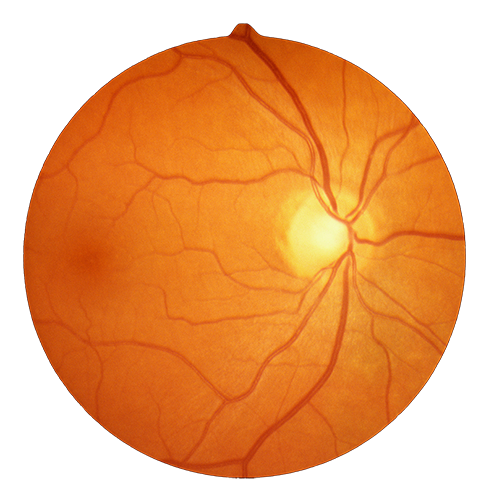Neuro-ophthalmology are vision problems that relate to the nervous system. Vision disturbances can be caused by disorders of the optic nerve, central nervous system (brain and spine), eyeball movement and pupil abnormalities.

The symptoms of neuro-ophthalmology disorders depend on the type:
- Compression caused by a tumour – Slow and painless vision loss
- Eye movement disorders – Double vision, blurred vision, unstable (‘shaky’) vision, giddiness, unsteady walk, headaches and weakness
- Inadequate blood supply (ischaemia) to the optic nerve – Rapid vision loss that is usually painless
- Inflammation (swelling) – Rapid vision loss and problems with colour vision. If the optic nerve is involved, there may be pain behind your eyes
- Trauma/injury – Symptoms will depend on the type and position of the injury
- Raised pressure in the brain – Headache with nausea or vomiting, temporary vision loss, or neurological disturbances in other parts of your body (weakness or loss of balance)
- The most common symptoms of neuro-ophthalmological disorders are vision loss or disturbance, double vision, unequal pupils, and eyelid and facial spasms (twitches).